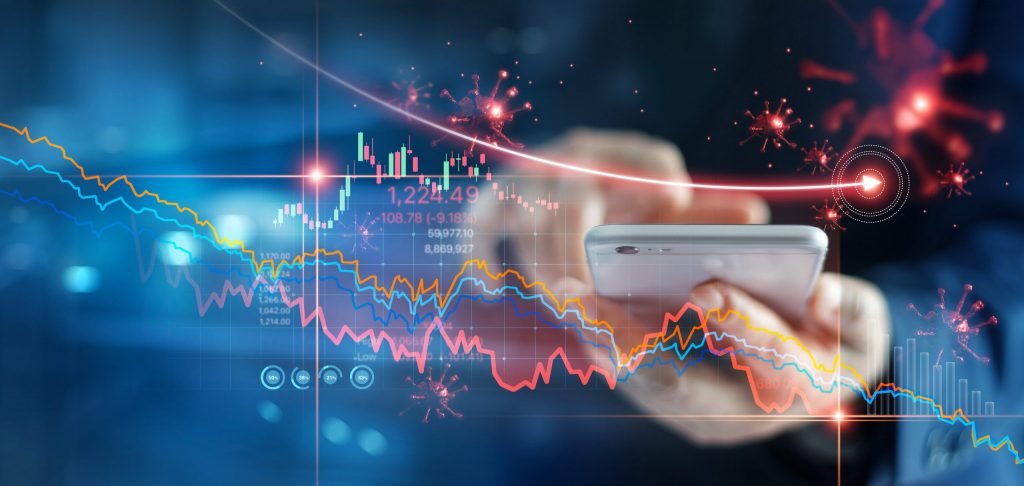The influence of platform companies in global economy is growing
The boosting platformisation of the economy is an effective tool for the ever-increasing division of the world into the US and Chinese spheres of influence, says the Yearbook of Foresight Centre, which will be published in March. The option for the European Union is to strive to become a regulative superpower in the platform economy with the support of its large internal market.

“The coronavirus pandemic has strengthened the global digital platforms as the trend of moving human activities and the business of companies into the Internet, which has taken place during the last decades, has accelerated, and increasingly more fields of life are relying on platform companies,” Head of the Foresight Centre Tea Danilov said. “For example, the turnover of Amazon increased by 35% in the first nine months of 2020, the turnover of Facebook by 17%, and the turnover of Microsoft by 13%.”
Danilov said that for some time already, the platform companies had no longer been just mediators of business transactions, but had started to shape the business environment and its rules of play to a significant extent. “Platform companies have become systemically important like banks that create a vital infrastructure, and countries cannot afford for it to collapse,” Danilov explained. “The business model of a platform is self-multiplying – more customers means a better service, which in its turn means even more customers. When customers move to digital platforms, the providers of products and services are left with no other options but to conduct their business there.”
The Yearbook of the Foresight Centre points out that, in addition to the US digital platforms that have been dominant until recently, their Chinese counterparts are starting to prevail, aggressively extending China’s economic influence sphere in the world. “China does not allow large US internet companies to its market, and Chinese counterparts to major US web platforms have been created, like Google’s counterpart Baidu, Amazon’s counterpart Alibaba and Facebook’s counterpart Tencent. Chinese internet companies are operating more and more extensively outside the country, purposefully creating new markets for Chinese technology companies also by political means. If the current developments continue, in the future, the Internet created and managed by China will prevail in a large part of Asia and Africa,” Danilov said.
Tea Danilov thinks that, from Estonia’s point of view, the critical aspects of the competition between the US and China are how strong the European Union will be in the future and to what extent European Union standards and norms will take hold globally. “The European Union cannot boast of any large digital platforms of its own. Thus, its main opportunity is the regulative activity that takes into account the interests of consumers and small enterprises. Due to the attractiveness of the large European market, such activities might influence the practices of international companies. Another important aspect is whether the cooperation between member states will become closer or loosen in the future, for example, in developing an innovative infrastructure and in foreign policy,” Danilov said. Digital platforms and other types of infrastructure have increasingly become geopolitical instrument. The key question over the next 15 years will be to what extent the European Union will assume the leading role in developing the digital, energy and transport infrastructures, or if mainly the private sector, metropolises, China or the United States will contribute to the development of European infrastructure.“
The Yearbook of the Foresight Centre will summarise the results of its research of 2020. It will be published on 15 March.
The Foresight Centre is a think thank at the Chancellery of the Riigikogu that analyses long-term developments in society and the economy. The Centre conducts research projects to analyse the long-term developments in Estonian society, and to identify new trends and development directions.
Latest news
-
23.04 2024Price spikes see people take charge of their electricity use
People in Estonia have begun to consciously manage their electricity consumption during periods of high prices. This has helped reduce costs and better balance energy supply and demand. However, the potential for managing electricity consumption in Estonia is double that which is currently being seen, and its full implementation would require the amendment of legislation.

 An independent think tank at the Riigikogu
An independent think tank at the Riigikogu 